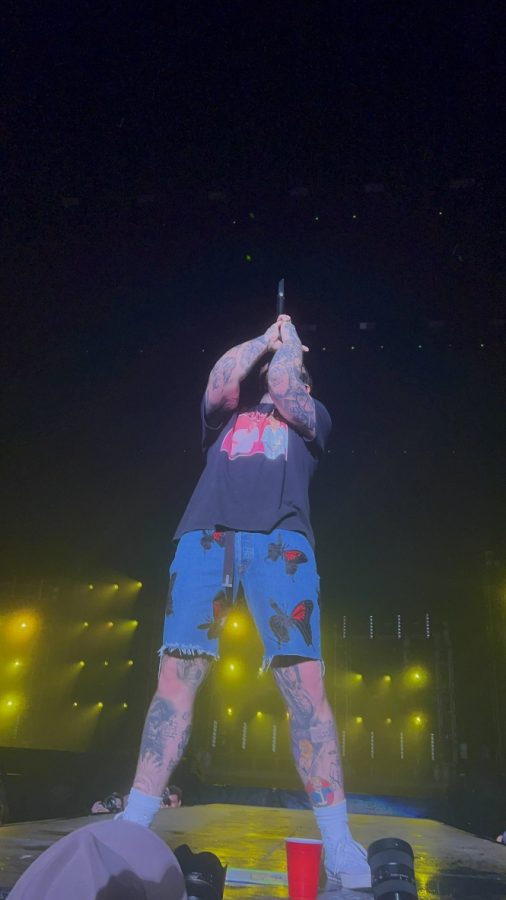‘Nosebleeds for $500’: Students Shocked By Exploding Ticket Price for Concerts in 2023
Photo by Cassandra Shoneru
Are you willing to give up a car payment, or maybe even a month’s rent, to experience your favorite artist live in concert?
Many people have been anticipating the global 2023 concert lineup. What they haven’t looked forward to is the shocking new price tag for most tickets—and the fight to get a hold of them.
“Before COVID a lot people could get a ticket easily,” said Tricya Hernandez, 21, a dentistry major at Diablo Valley College, “but I feel like now you have to fight with the reseller to get a ticket and if you don’t they charge you triple the price.”
Not only that, when dealing with Ticketmaster and other ticket sale websites, Hernandez added, “either you get scammed or, when you’re in line to buy tickets, it could freeze up and shut down and then basically you lose the ticket that you were about to buy.”
Companies have increasingly been raising the cost of tickets. It’s part of a trend that started as society reemerged from the pandemic and millions of people who weren’t previously able to attend live shows suddenly flooded the online space in search of tickets.
As a result, ticket sale companies have been gouging consumers at a time when concert demand is soaring, with artists like Madonna, Beyonce, Taylor Swift and SZA announcing shows all over the world.
Last month, Live Nation Entertainment, the corporation that owns Ticketmaster, came under fire during a Senate Judiciary hearing in Washington where legislators criticized the company for turning away millions of customers the day tickets were released for Taylor Swift’s The Eras Tour.
Amid public outcry, Joe Berchtold, president and CEO of Live Nations Entertainment Inc., justified the company’s actions by saying, “We believe ticketing has never been more competitive,” according to The New York Times.
The issue continues to receive growing attention. Earlier this month, California lawmakers introduced Senate Bill 478, which will prohibit companies like Ticketmaster, Live Nation and StubHub from charging hidden fees.
Neftlaly Hoyos, 19, a computer science major at DVC, said he noticed a distinct difference shopping for concert tickets before versus during the pandemic.
For example, when Bad Bunny was on The X 100pre Tour in 2019, Hoyos was easily able to get tickets. “I was looking the day before and tickets were $50 and there were a lot of them left,” he said.
But after pandemic restrictions were lifted and concerts started getting popular again, it became a different story.
“When [Bad Bunny] announced his tour during the pandemic, I planned to buy the tickets like I did last time, and his show sold out literally within minutes,” said Hoyos. “I remember seeing the message on the computer screen saying that there are around 7,000 people in front of me [queueing].”
After he secured his tickets, Hoyos went back to the website and saw that “people were selling nosebleeder tickets all the way in the back for $500,” he added.
As a result of the logjam for tickets, concert goers are increasingly heading directly to the box office to purchase seats. But even then the prices remain sky-high.
Alison Mendoza, 19, the business financial fares manager of Cherry Pop, the first student-run record label at UCLA, said she went to see The Weeknd live for The After Hours Tour last August, when the performer’s tickets were going for around $3,000 or more.
“We decided not to get them and we went to the venue [the] day of,” Mendoza recalled, and “since they were not resale they were able to be sold at face value, and we got those same tickets for $140.”
However, when Mendoza tried the same strategy for Lady Gaga’s Chromatica Ball Tour later that year, it didn’t work out so well.
“The prices at the box office were above $450 for nosebleeds,” said Mendoza, and as a result she didn’t attend.
The rising cost and competitive waiting process has been especially challenging for people without either the time or the money to spend chasing down affordable tickets, she added.
“It inherently targets marginalized individuals because they don’t have the same access.”







































































